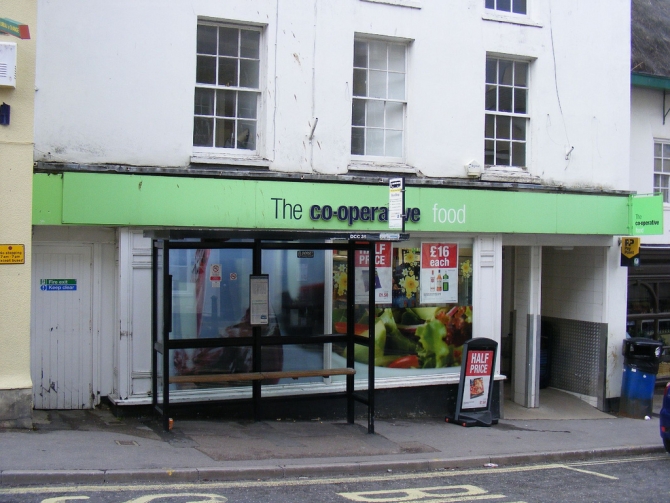The traditional UK supermarket sector has been facing stiff competition recently, with an influx of discount brands such as Aldi and Lidl taking market share and sales from the “Big Four”. This has meant that, in order to effectively compete, all brands have had to examine their pricing options, with a flurry of discounts and promotions leading to what industry analysts refer to as a supermarket price war.

The latest brand to join in on the price lowering bonanza is the Co-operative, which this week has revealed a £100 million investment to help save customers money. Largely focusing on essential items such as milk, bread, bananas and meat, it is hoped that the incentive will prevent consumers from switching loyalties and turning to discounters.
Under plans, the items will be advertised in-store with the slogan “Fair & Square prices”, to reflect both the savings angle and the Co-op’s ongoing commitment to stocking Fair Trade items wherever possible. As well as in-store advertising, the brand will soon be launching a television campaign to back up its efforts in taking a place at the heart of Britain’s communities.
Chief executive of retail at the Co-op, Steve Murrells, took to social networking site Twitter to reveal the level of investment the group has committed solely for the purpose of dropping prices.
Calling the plans “challenging yet achievable”, he said; “We have a clear ambition to be the UK’s best community retailer, delivering delicious food conveniently.”
The sum of the investment, whilst lower than the investments announced by key rivals such as Tesco and Asda, is certainly expected to be “challenging” for a brand going through the financial troubles it currently faces. During 2013, the Co-Op posted a loss of £2.5 billion, making it the worst year in the group’s history.
However, the Co-op has insisted that the investment will be fully self-funded, claiming it will be made possible by cost reductions made elsewhere in the business. Presumably, this will include the sale of the Co-op’s subsidiary farming businesses which it claimed last year is no longer financially viable to run.
Along with the high profile price drop tactic, the Co-op intends to open over 100 stores in the UK this year in a bid to prevent its Big Four rivals from crowding it out of the market. As British consumers are now looking to shop in convenience stores rather than the large-scale hypermarkets popularised in the early 2000s, this tactic could work well for a brand with an established convenience image, but still comes with the risk of facing intense levels of competition from others keen to buy into the convenience trend.
With discounters becoming ever more powerful and traditional brands suffering as a result, the question on everyone’s lips is whether dropping prices of essential items will be enough to prevent the consumer tide turning increasingly towards cheaper chains. If not, supermarkets will have to find a new tactic – and find it fast.
Do you think the appeal of discounters lies in the low prices, or is there another area (perhaps level of service received?) that is the true root cause of their popularity?
Previous Post
Birmingham takes Pole Position for new Chinese Car Base